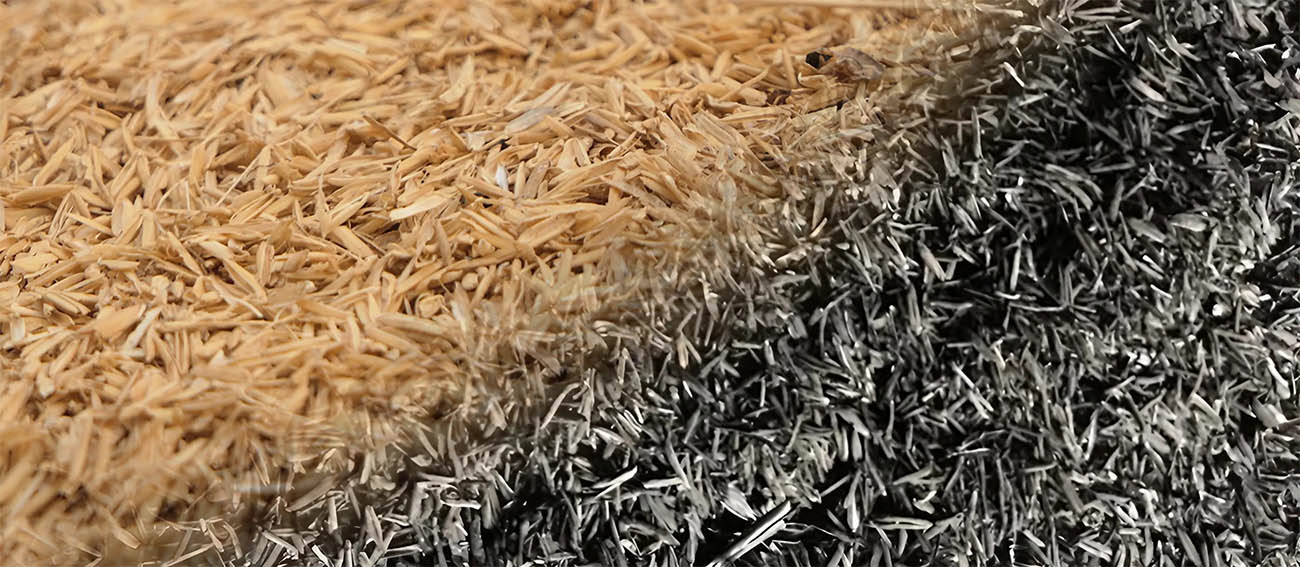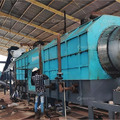Rice cultivation is a staple of agricultural practices globally, yielding copious amounts of rice husks as a byproduct. In recent years, the advent of rice husk carbonizer technology has revolutionized the utilization of this abundant agricultural residue. This article endeavors to provide a comprehensive understanding of rice husk carbonizer systems, elucidating their principles, applications, and environmental implications.
Introduction to Rice Husk Carbonizer
A rice husk carbonizer is a specialized apparatus designed to convert rice husks, a commonly discarded agricultural waste, into valuable biochar through the process of pyrolysis. Pyrolysis involves subjecting biomass materials such as rice husks to high temperatures in an oxygen-deprived environment, leading to thermal decomposition and the generation of biochar, along with other byproducts such as syngas and bio-oil.
Operating Principles of Rice Husk Carbonizer
At the heart of a rice husk carbonizer lies a pyrolysis chamber, meticulously engineered to facilitate the controlled degradation of rice husks. The process commences with the loading of rice husks into the chamber, followed by the initiation of pyrolysis through the application of heat. As the temperature rises, volatile compounds within the rice husks are released as gases, leaving behind a carbon-rich residue known as biochar.
Applications of Rice Husk Carbonizer
The versatility of rice husk carbonizer technology extends beyond biochar production, encompassing a myriad of applications across various industries. Biochar derived from rice husks finds utility as a soil amendment, enhancing soil fertility, water retention, and nutrient uptake in agricultural settings. Additionally, biochar serves as a sustainable alternative to fossil fuels, with potential applications in energy production and carbon sequestration.
Environmental Benefits of Rice Husk Carbonizer
The adoption of rice husk carbonizer technology presents a plethora of environmental benefits, mitigating the adverse impacts of rice husk disposal while contributing to carbon sequestration efforts. By converting rice husks into biochar, rice husk carbonizers divert organic waste from landfills, reducing methane emissions and mitigating soil and water pollution. Furthermore, biochar acts as a carbon sink, effectively sequestering carbon dioxide and mitigating climate change.

Technological Advancements in Rice Husk Carbonizer Systems
Continual advancements in rice husk carbonizer technology have led to the development of more efficient and sustainable systems. Modern rice husk carbonizers incorporate features such as heat recovery mechanisms, automated control systems, and integrated emissions control devices, enhancing energy efficiency and reducing environmental impact. Furthermore, research endeavors focus on optimizing pyrolysis parameters to maximize biochar yield and quality.
Economic Viability of Rice Husk Carbonizer Technology
In addition to its environmental merits, rice husk carbonizer technology presents compelling economic incentives. By converting rice husks into value-added products such as biochar and syngas, rice husk carbonizers create revenue streams from otherwise underutilized agricultural waste. Moreover, the potential for carbon credit monetization further enhances the economic viability of rice husk carbonizer projects, incentivizing investment in sustainable biomass utilization.
Challenges and Considerations in Rice Husk Carbonizer Implementation
Despite its promise, the widespread adoption of rice husk carbonizer technology faces certain challenges and considerations. Factors such as initial capital investment, operational costs, and logistical constraints may impede the scalability of rice husk carbonizer projects, particularly in resource-constrained regions. Additionally, ensuring sustainable biomass sourcing practices and addressing potential environmental and social impacts are paramount for the responsible implementation of rice husk carbonizer technology.
Conclusion
In conclusion, rice husk carbonizer technology represents a sustainable and innovative solution for the valorization of rice husk biomass. By harnessing the principles of pyrolysis, rice husk carbonizers convert agricultural waste into valuable biochar, offering myriad environmental, economic, and social benefits. As technological advancements continue to drive progress in rice husk carbonizer systems, the potential for scalable and sustainable biomass utilization becomes increasingly attainable, paving the way towards a greener and more resilient future.





